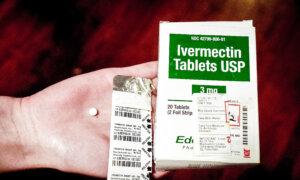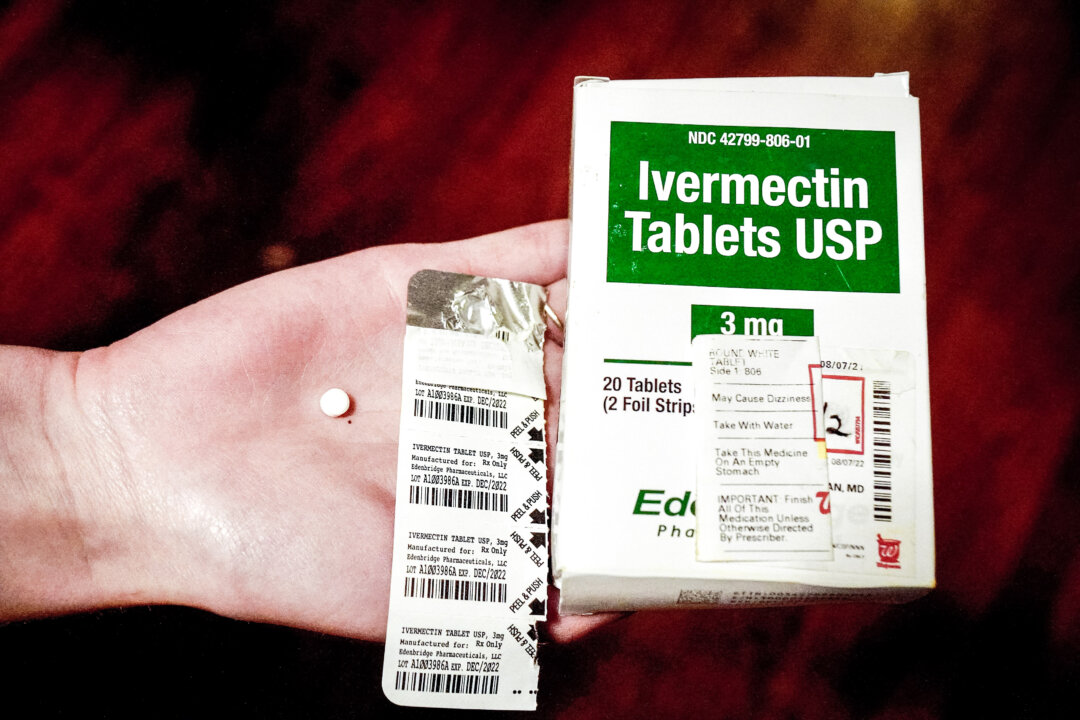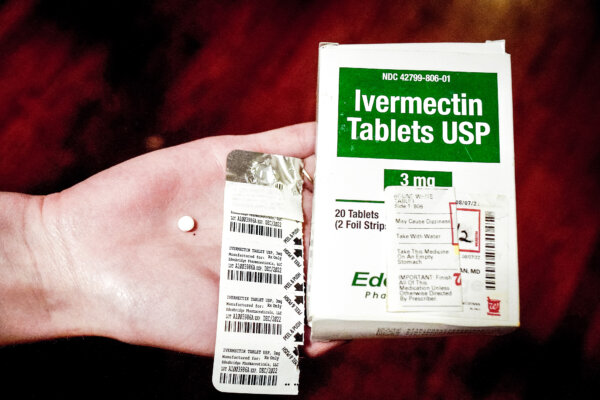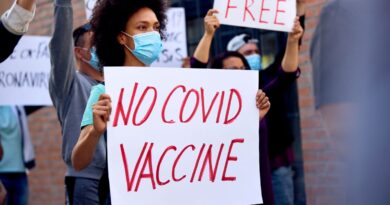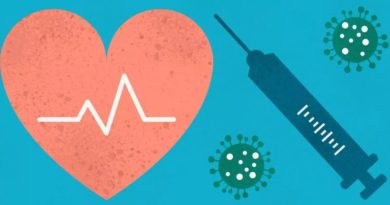Major Ivermectin Study Omitted Hundreds of Participants, Researchers Say
The 2023 paper left out more than 200 participants.
A large study examining ivermectin against COVID-19 included more participants than was reported in 2023, researchers acknowledged in a new correction.
“The blinded statistical team made an error in the implementation of exclusion/inclusion criteria such that 106 participants in the ivermectin group and 120 participants in the placebo group who should have been included in the analysis cohort were not,” Dr. Naggie said.
She said the mistake stemmed from excluding participants who were listed as missing “study completion status.”
“During the review process, staff in the unblinded statistical team did not identify the erroneous exclusion and thus the issue was not elevated for review,” according to Dr. Naggie, who said she was writing on behalf of her co-authors.
Dr. Naggie did not respond to requests for comment.
Dr. David Boulware, a scientist with the University of Minnesota and one of the co-authors, told The Epoch Times in an email that the error was identified when researchers were reporting the results from clinicaltrials.gov and found “that number of participants did not match up with the original publication, which then prompted further internal review in order to determine the source of the error.”
The study reported the results of a trial examining whether approximately 600 micrograms/kilogram of ivermectin daily improved time to recovery from COVID-19 in adults aged 30 or older. Limitations included participants being monitored remotely. The 661-word conflict of interest section declared payments from Johnson & Johnson and other pharmaceutical companies. The study was part of ACTIV-6, a government-funded set of trials examining various drugs against COVID-19.
Little Change in Results
The study was updated with the accurate data, but adding the missing participants produced only small changes.
The hazard ratio of time to recovery remained 1.02, which is a non-statistically significant benefit for ivermectin recipients.
The posterior probability for benefit from taking ivermectin was .65, lower than the original .68. Both were beneath the prespecified benchmark of .95.
The conclusions for time to recovery, the primary outcome, remain unchanged. Researchers wrote: “The data do not provide evidence of a conclusive treatment benefit when using a bayesian noninformative prior, no prior, with various approaches to imputing missing symptom data, or when restricting the analysis to participants who received the drug within 2 or 3 days of symptom onset and across severity of symptoms reported on day 1. The probability that ivermectin reduced symptom duration by 24 hours was less than 0.1%.”
Researchers found that ivermectin recipients felt unwell with COVID-19 one hour less than placebo recipients, down from 3 hours and 20 minutes in the original paper.
Two additional hospitalizations were recorded for ivermectin recipients, and no additional hospitalizations were recorded for the placebo group. Only a handful of adverse events were recorded in the missing participants, including a serious adverse event in each arm.
“The inclusion of these participants does not affect the study interpretations or conclusions,” Dr. Naggie said.
Critics of the research say there were a number of issues, including how some participants did not receive ivermectin for days after testing positive for COVID-19, undermining the attempt to study ivermectin as an early treatment.
“To discover that over a year later, the study investigators ’suddenly’ discover that 226 participants were erroneously excluded simply raises even more concerns as to how carefully the trial was conducted,” Dr. Pierre Kory, one of the critics, told The Epoch Times via email.
